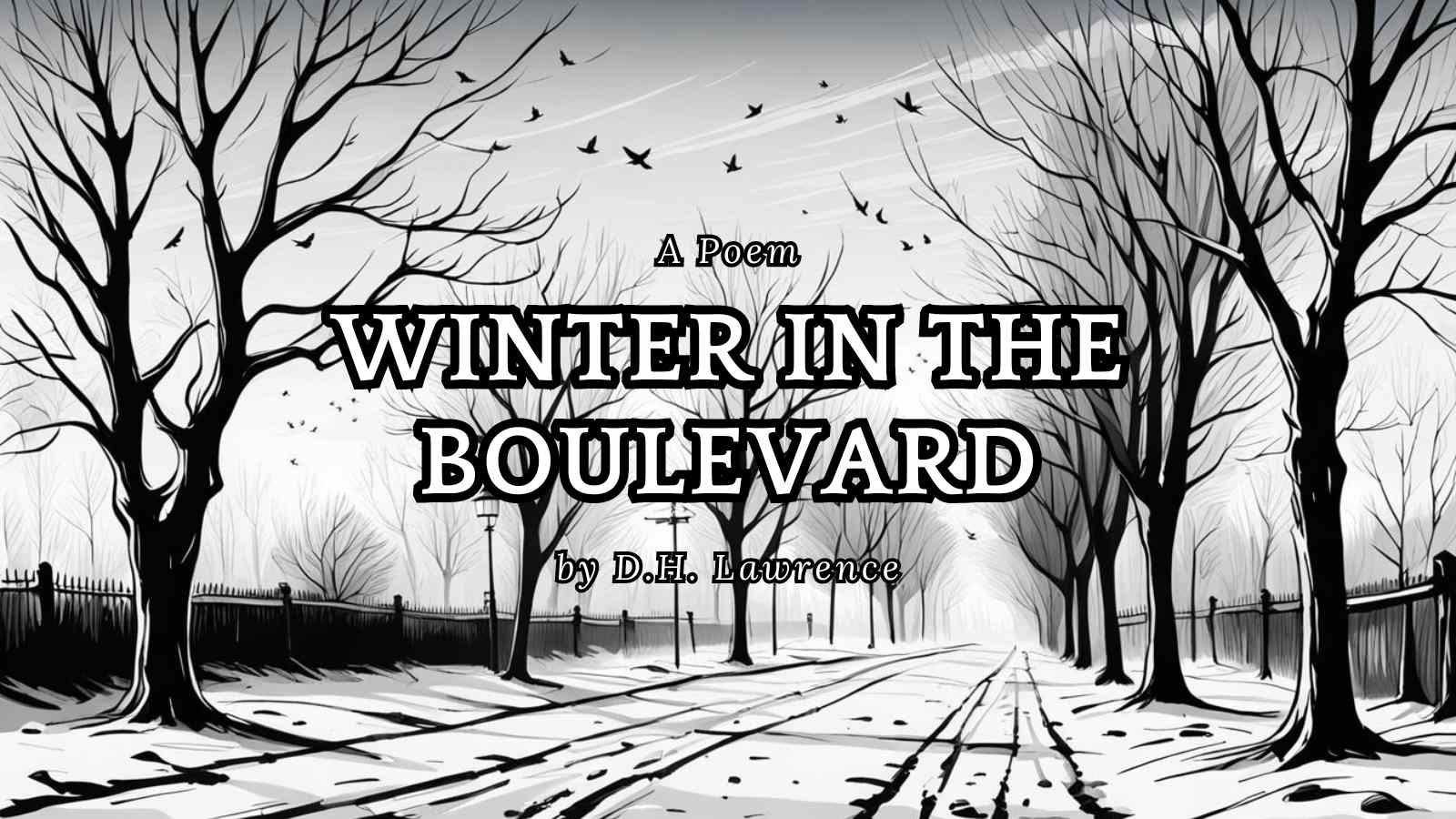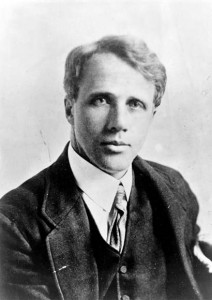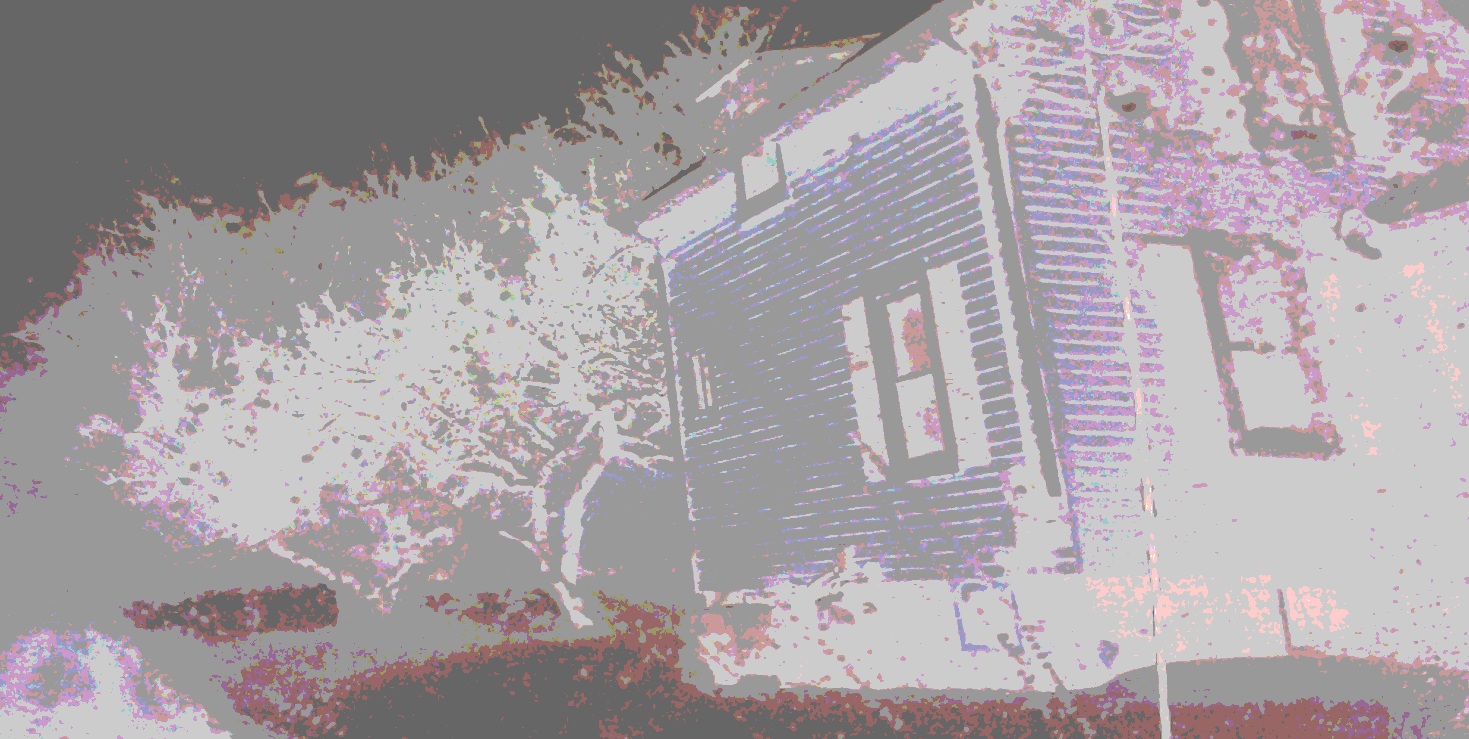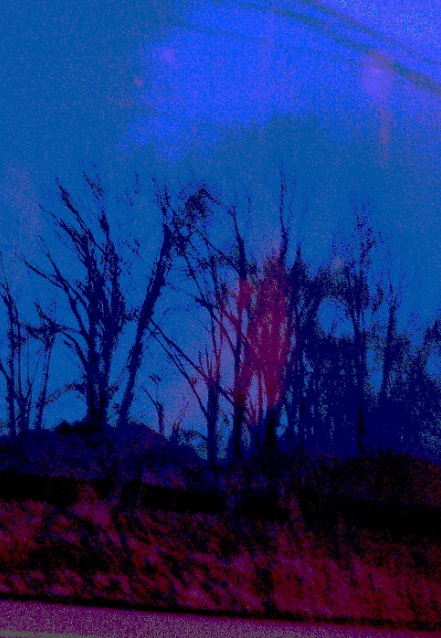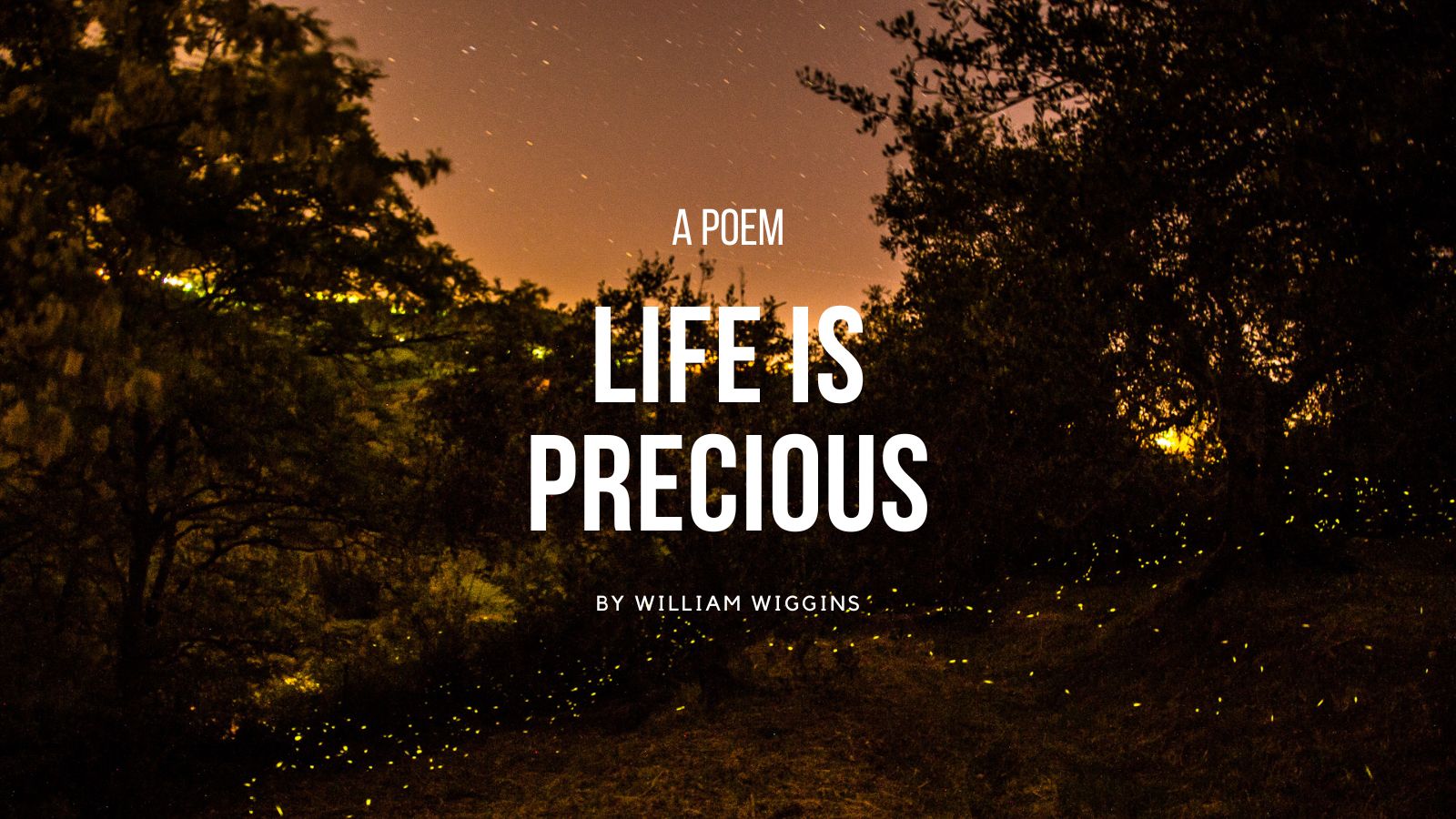Winter In The Boulevard
by D.H. Lawrence
THE frost has settled down upon the trees
And ruthlessly strangled off the fantasies
Of leaves that have gone unnoticed, swept like old
Romantic stories now no more to be told.
The trees down the boulevard stand naked in
thought,
Their abundant summery wordage silenced, caught
In the grim undertow; naked the trees confront
Implacable winter's long, cross-questioning brunt.
Has some hand balanced more leaves in the depths
of the twigs?
Some dim little efforts placed in the threads of the
birch?—
It is only the sparrows, like dead black leaves on
the sprigs,
Sitting huddled against the cerulean, one flesh with
their perch.
The clear, cold sky coldly bethinks itself.
Like vivid thought the air spins bright, and all
Trees, birds, and earth, arrested in the after-thought
Awaiting the sentence out from the welkin brought.
D.H. Lawrence (1885-1930) was an influential English writer, poet, and essayist. Born in Eastwood, Nottinghamshire, he was the son of a coal miner and a schoolteacher. Lawrence’s works often explored themes of emotional health, vitality, spontaneity, and instinct, causing many of his writings to be deemed controversial during his lifetime.
Some of his most famous works include the novels “Sons and Lovers” (1913), “The Rainbow” (1915), “Women in Love” (1920), and “Lady Chatterley’s Lover” (1928). The last of these was banned for obscenity in multiple countries for many years.
Lawrence was also known for his poetry, short stories, essays, and travel writing. He spent much of his adult life traveling the world with his wife, Frieda, seeking a more fulfilling way of life. His experiences greatly influenced his writing.
Despite facing censorship and criticism during his lifetime, Lawrence is now regarded as one of the most important and influential writers of the 20th century, known for his bold exploration of human nature, relationships, and sexuality in his works.
